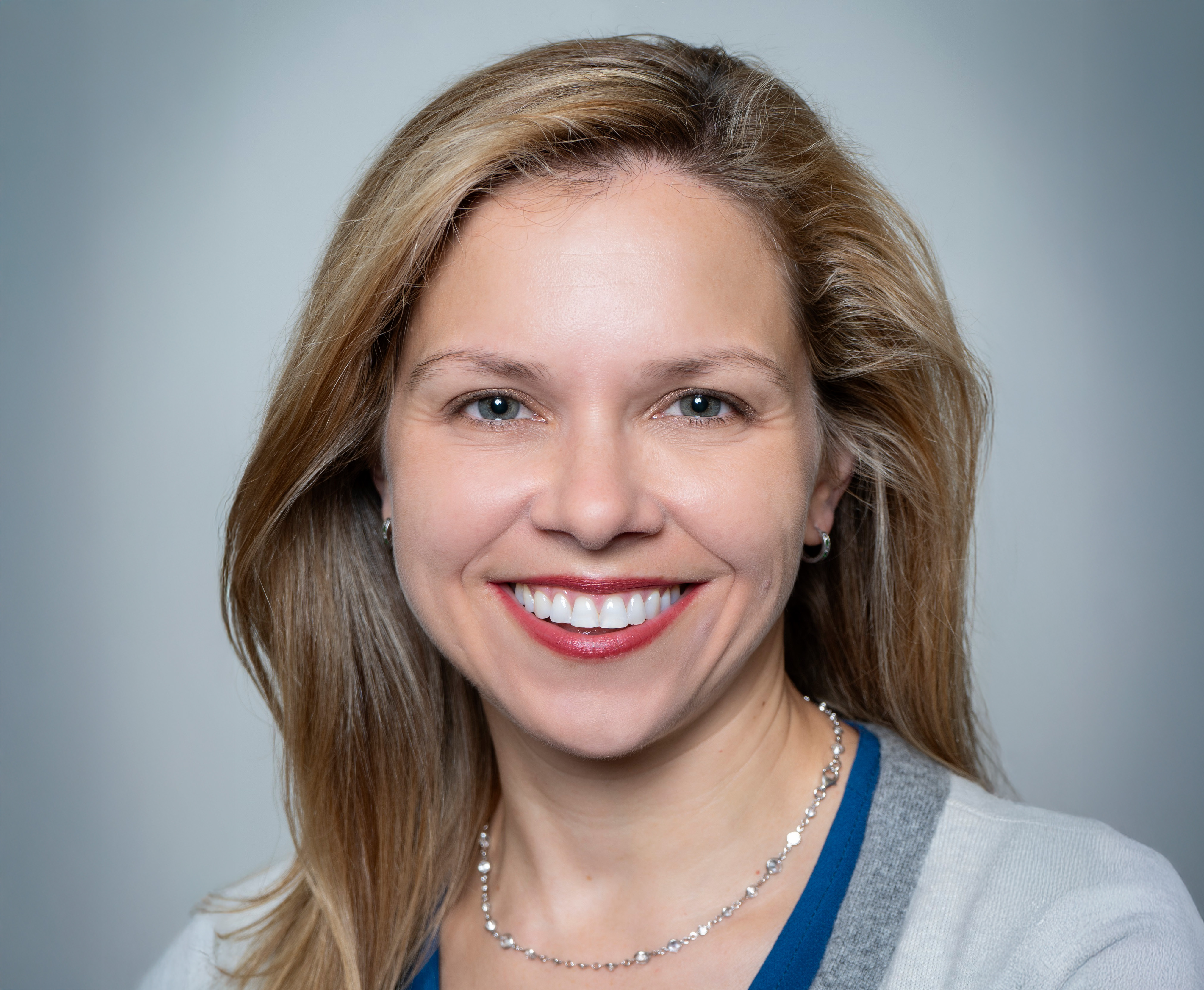Dr. Carrie Muh Brings Hope and Healing to a Kenyan Hospital
From Complex Brain Surgeries to Teaching Surgical Residents, Dr. Muh’s Mission Left a Lasting Impact on Patients and Physicians Alike

For 14 days, Carrie Muh, M.D., professor of neurosurgery, traded the halls of New York Medical College and operating rooms of Westchester Medical Center for Jaramogi Oginga Odinga Teaching and Referral Hospital in Kisumu, Kenya, treating patients who shared stories she will never forget. In September, Dr. Muh joined the group Giving Back to Kenya and Kisumu Neuroscience Initiative on a mission trip serving dozens of people of all ages with neurological conditions—from spinal disorders to brain injuries.
“The hospital was very crowded,” recalled Dr. Muh when she arrived. Kisumu is the third largest city in Kenya, with one neurosurgeon for a catchment area of more than one million people. Many people arrived at the hospital to be treated by Dr. Muh and the physicians on the mission trip after weeks of seeing advertisements of the “neurosurgery camp.” Weeks before the trip, hospital physicians triaged and admitted the patients who would undergo surgery by Dr. Muh and her fellow physicians.
Dr. Muh’s former co-resident, Bethwel Raore, M.D., a Kenyan-American, travels to Kenya annually with other physicians to train residents and assist the local neurosurgeon to improve long term care of the region. When Dr. Muh heard that he was planning on going back, she asked if she could go along and brought one of her chief residents, Nitesh Damodara, M.D., instructor of neurosurgery.
“When we arrived, there were dozens of patients in one huge ward — just bed after bed after bed after bed, and three big rows of people just waiting for us,” she said. “We would go down the rows and look at the CD that each patient brought with them of their imaging to see if we could offer them surgery.”
After seeing the patients in the ward, the physicians went to the clinic, where dozens of patients gathered, many who walked miles and brought CDs to show them their imaging from regional hospitals. “We were able to offer surgery to many of them,” said Dr. Muh. “Some of them, we were not. We tried to get as many people taken care of as possible in a short time.”
Serving on a mission trip last year to Ukraine and having spent time in hospitals and research labs in Shanghai, China, and rotations in Taichung, Taiwan, Dr. Muh was eager to provide an additional helping hand to the under-resourced area. In Kisumu, she and her team treated 54 cases that ranged from pediatric and adult brain tumors to abscesses in the brain to babies born with myelomeningoceles, a birth defect where the spine and spinal canal remain open after birth, in addition to tending to patients who visited the clinic. Surgeries spanned two hours to as long as seven hours with some workdays reaching 15 hours.
One of the cases Dr. Muh operated on was a five-year-old boy whose family noticed his face was asymmetrical and he was losing vision in one eye. They didn’t have many options for treatment. They discovered last year that he had a brain tumor that pushed on his skull, damaging his vision. Dr. Muh and the team were able to remove most of the tumor, preventing his vision from worsening. After surgery, she recalled an immediate smile on his face.
Another case was with a teenage boy with cerebellar abscesses who was in the hospital for months on antibiotics to stop the infection from getting worse. The placement of the abscesses on his brain caused him to be unable to bring a cup to his mouth without shaking and walk without someone holding him upright. After draining the three abscesses, he was walking and drinking water without any problem.
“My experiences abroad have made me see things differently,” said Dr. Muh. “In the U.S. we use disposable tools and wait to take on a case until we have all the high-tech equipment. In Kenya and Ukraine, there are times you have to improvise —using sterilized, reusable tools or older techniques like handheld drills and Gigli saws. It's beneficial because it makes you think of creative ways to treat patients besides the slightly more spoiled way that we are used to in the States.”
Before leaving, the mission team also taught general surgery residents a variety of neurosurgical techniques, helping ensure that more procedures could continue even after the trip ended. Months after the trip, Dr. Muh remains in touch with the general surgeons and residents, checking on the progress of their patients and providing guidance for future cases until she returns again.

